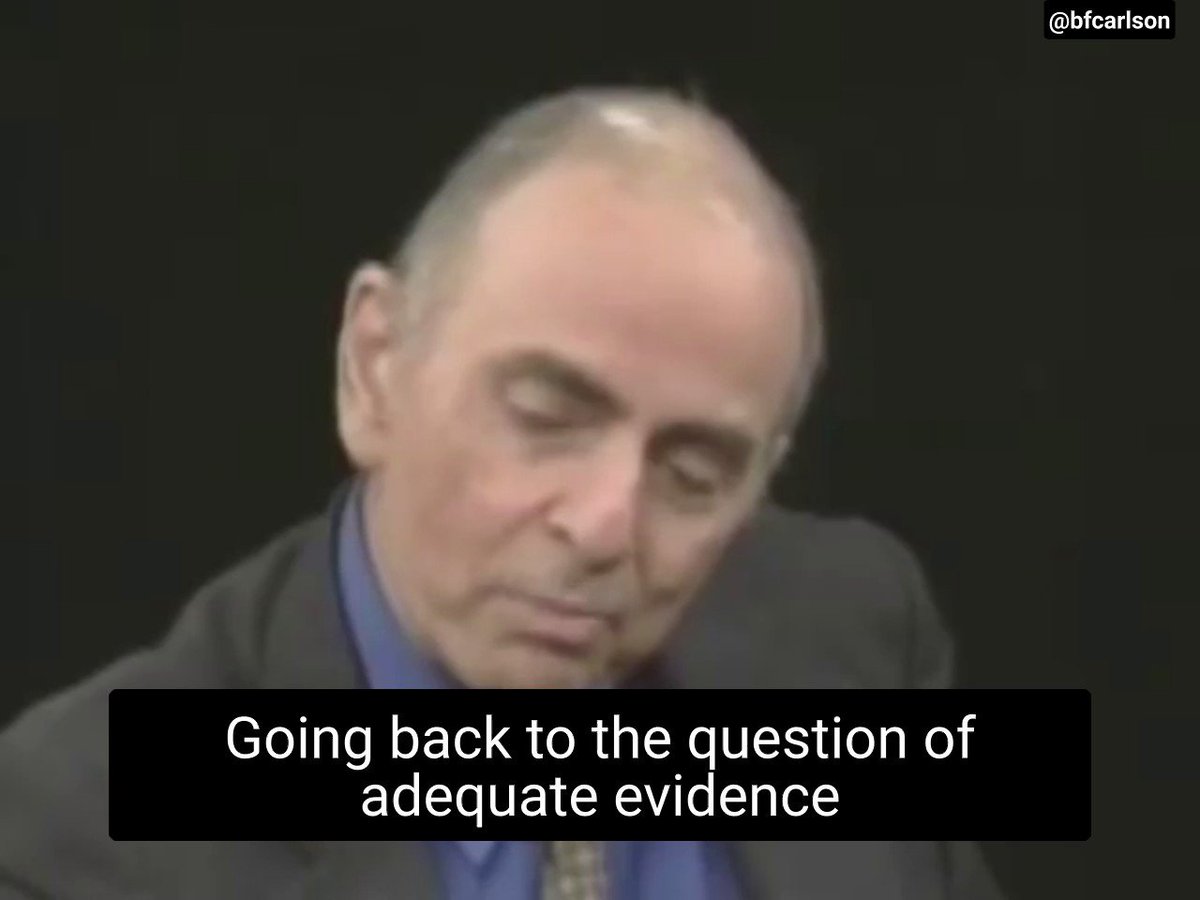The voice said: “Carl!”
|
In 1996, toward the end of his struggle with a terminal case of blood cancer, astronomer and public educator Carl Sagan sat down with interviewer Charlie Rose to discuss his book, The Demon Haunted World.In one arresting moment, Sagan — a famous and outspoken skeptic of superstition—made a surprising and moving admission. More than a decade after his beloved parents had died, Sagan said, he still occasionally heard their voices calling in his ear. “Carl!” As he describes this experience to Rose, his face gets a faraway, wistful look.
And then his gaze hardens, and he describes this experience, which he wishes signified more, as simply “an auditory hallucination.” It shows both the firmness of Sagan’s intellectual convictions. (That extraordinary experiences require extraordinary evidence.) And it’s a poignant insight into the pain he felt in rejecting beliefs in the life hereafter that, for many, are an immense source of hope. Why do I share this?This week I’m reflecting on trust. Trust is the assumption of confidence you make in uncertainty. But nobody wants that extension of trust to result in getting fooled. Scammed. Humiliated. My impression is that the pendulum has swung heavily against trust in daily life in America. When I was a child in the 1980s,
It wasn’t utopia by any means. Crime in Philadelphia was terrible (now, sadly, it’s back to that state), but in my bubble, the presumption in most interactions with strangers was that you would be treated decently. Now we’re all too familiar with frauds that pervade our semi-virtual daily lives. For fear of being scammed, we regard ambiguity with suspicion of distrust. The neighbor said she’d watch the house while I’m traveling. I’ll call her to make sure she’s doing what she says. Here’s why this doesn’t work in the long run: Our assumptions filter reality. Universal distrust guarantees that your worst expectations will be fulfilled. Being open to the possibility of wonderful surprises is the only way you will ever perceive them. Of course, I’m not naive. There are people trying to manipulate you. You need to be aware of techniques used to do it. In my career, I’ve seen (and used) tactics to frame perception that don’t show the whole picture. I’ll be telling more of those stories in this newsletter soon. What I'm EnjoyingWatch the full Sagan interview to hear about his ideas on science and the importance of skepticism in a democracy. What I'm Working OnPeople have asked me how to get the attention of "A-list" accounts on Twitter. They see that I’ve had posts liked by actors (John Cusack, Rob Schneider, Alexandra Daddario, etc.) as well as Elon Musk and wonder how it happened. I see a lot of mistakes people make. It’s simpler than you think—but you need to know what to do. I’m working on a webinar to give advice on what worked for me to help people get noticed by the A-listers of their niche. Stay tuned for more. As always, please let me know what you think. Until the next time, thanks, Ben PS - Have a friend who might be interested in this newsletter? Please forward it along and invite them to subscribe. Ways to work with meOn a selective basis, I have helped executives, entrepreneurs, and professionals to find the most powerful way to tell their stories. Whether it's a podcast appearance, TED talk, or published article leading to a book, this is a proven way to level up a career, attract investors, and build real authority. Clients are carefully chosen. Want in? Reply to this email and we'll start the process. |
Benjamin Carlson
I'm a communications exec and a former editor at The Atlantic and foreign correspondent. Subscribe for lessons from my 15 years in media and PR
Thought Leadership Lessons from the Greatest Logo Designer of All Time Over the last two years, I’ve traveled through a succession of university archives—aesthetically gorgeous and teeming with deep insights—where I studied the papers of twentieth century visionaries, innovators, and creators. One of them was Paul Rand (1914-1996), a giant of twentieth century graphic design, whose papers are housed at Yale University. Rand was the preeminent logo designer of his day. He created the iconic...
Content Lab: How to Be Positioned Right in 2025 This Jaguar ad is an accidental masterclass in what's changing in the culture and where it's going, right beneath our feet. What might have seemed provocative a year ago now feels utterly tone deaf. What was intended to appear bold, futuristic, and enlightened instead seems flat, cowardly, and anti-human. Consider for a moment. It has no human voices. No smiles. No emotions. No sense of place or time. No melodies. No cities. No food. No roads....
The Carlson Letter Castor and Pollution, Max Ernst, 1923 Do you like your online self? Do you know your online self? Whether you like it or not, one of the first things a new acquaintance will do is Google you. What do they see? If you’re like many of us, they may see a series of results offering to sell your address, phone number, and possible family affiliations. Then they may see a Facebook page (yours, or maybe a namesake’s), your old work headshot, your LinkedIn profile. If you have a...

